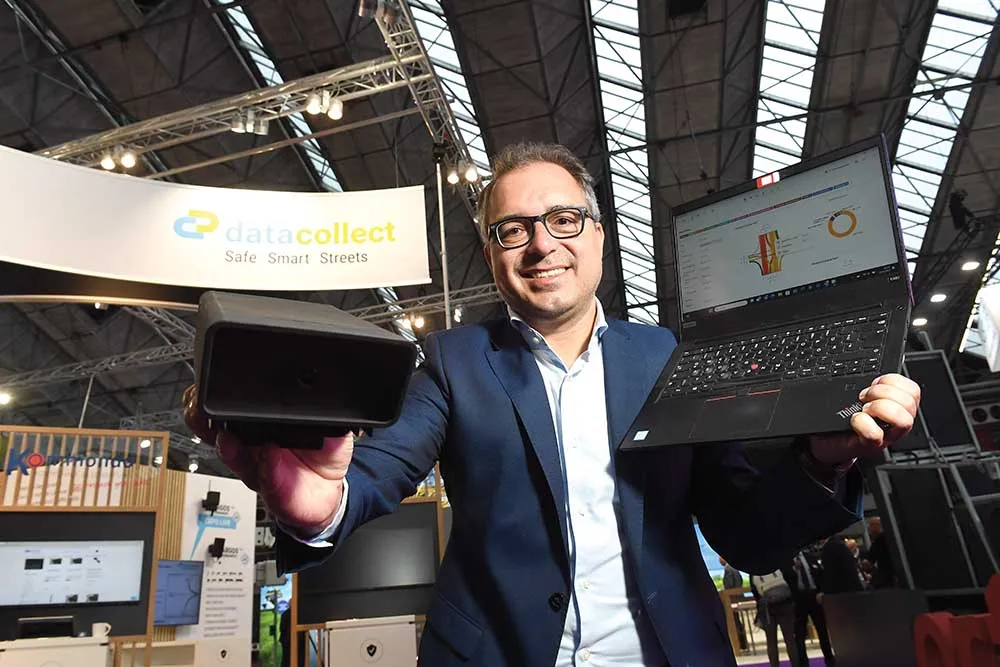Cubic Transportation Systems (CTS) and the University of Melbourne, Australia are to partner on the development of a National Connected Multimodal Transport (NCMT) test bed, which aims to deliver the first implementation of Cubic’s surface transport management solution worldwide.
The NCMT test bed will be an urban laboratory capable of large-scale testing and implementation of emerging technologies in complex urban environments. The testing will explore ways to relieve pressures created by population gr
October 14, 2016
Read time: 2 mins
The NCMT test bed will be an urban laboratory capable of large-scale testing and implementation of emerging technologies in complex urban environments. The testing will explore ways to relieve pressures created by population growth and traffic increases by using data from traffic, public transportation and parking. The NCMT test bed will also focus on multimodal transportation systems consisting of connected vehicles, roadways, freight, city logistics, public transportation, smart stations, pedestrians and cyclists.
Cubic’s Surface Transport Management Solution forms the core of the test bed by providing an enhanced system for data usage and analysis by transportation planners. Through its cloud-based platform and unique multimodal integration capabilities, Cubic’s solution can connect different systems and data sets to provide planners with a holistic real-time view of travel across the entire network.
This integration of public, private, freight and active transportation information is important in guiding strategic decisions to improve traffic patterns, reduce congestion and revolutionise city planning. It aims to also provide a higher quality of information to travellers about all transportation modes from one personalised account.










